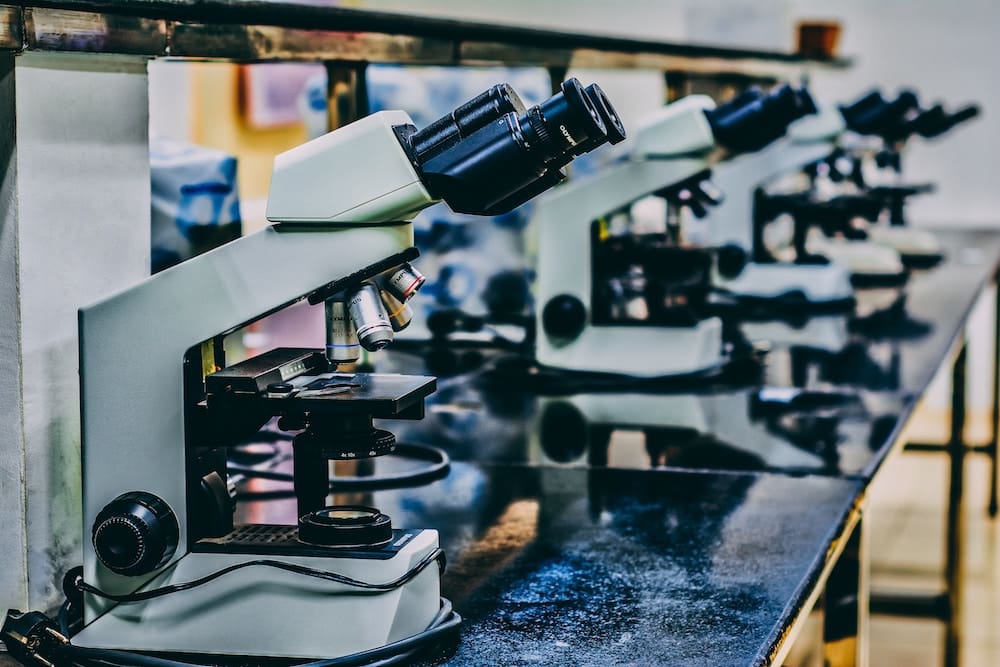If you struggle to wake up in the morning, your DNA could be to blame
People who naturally wake up earlier in the morning are less likely to develop mental health problems in the future, according to large-scale genomic analysis.
The study, published in Nature Communications, was led by the University of Exeter and Massachusetts General Hospital. The research team assessed data from almost 700,000 individuals in order to determine how a person's genetic makeup can affect their natural body clock, also referred to as circadian rhythm, as well as the state of their mental health.
The study asked 250,000 US-based participants and 450,000 UK-based participants if they were a ‘morning person’ or an ‘evening person’. Their genomes were then analysed to look at which genes they had in common which may influence their sleep patterns.
The researchers confirmed this data using information from wrist-worn activity trackers, used by more than 85,000 of the individuals. This information showed that the genetic variants could shift a person’s natural waking time by as much as 25 minutes.
The genes identified include those central to our circadian rhythms, as well as genes expressed in the brain and in retinal tissue in the eye. Scientists concluded that there is, in fact, a strong link between DNA and a person’s ability to get out of bed in the morning.
Lead author Dr Samuel E. Jones, of the University of Exeter Medical School, said: “Our work indicates that part of the reason why some people are up with the lark, while others are night owls, is because of differences in both the way our brains react to external light signals and the normal functioning of our internal clocks. These small differences may have potentially significant effects on the ability of our body clocks to keep time effectively.”

Previously, there were thought to be only 24 genetic factors that could affect whether a person is likely to have a tendency to wake up early in the morning or go to bed late at night. According to this new research, however, there are now thought to be as many as 351 genetic factors.
The team cross-referenced the 351 factors with genes that have known associations with some mental health conditions. The findings indicated that people who categorise themselves as ‘early birds’ are at also a lower risk of developing mental health problems than ‘night owls’. This suggests that being genetically programmed to rise early may actually lead to greater wellbeing.
Professor Mike Weedon, of the University of Exeter Medical School, who led the research, said: “The large number of people in our study means we have provided the strongest evidence to date that ‘night owls’ are at higher risk of mental health problems, such as schizophrenia and lower mental wellbeing, although further studies are needed to fully understand this link.”
Despite much previous speculation, the results did not reveal any strong links to diseases such as diabetes or obesity. Also, although the researchers found that the genetic areas influence sleep timing, they do not affect the quality or duration of a person’s sleep. But, there is still much that can be learnt from the research, specifically, treatment options.
Co-lead author Dr. Jacqueline M Lane, of the Massachusetts General Hospital Department of Anesthesia, points out: “By understanding the genetics of sleep and activity timing in the general population, we also gain insights into potential avenues of therapy for individuals with more extreme conditions, such as those with advanced or delayed circadian rhythm disorders.”
If sleep is affecting your mental health, or your mental health is affecting your sleep, help is available.
Hypnotherapy could equip you with the tools to understand and change behaviour patterns that are leading to a restless night’s sleep. Find out more at Hypnotherapy Directory.
Alternatively, you may benefit from speaking to a professional therapist. Enter your location in the box below to find a counsellor near you.


Comments